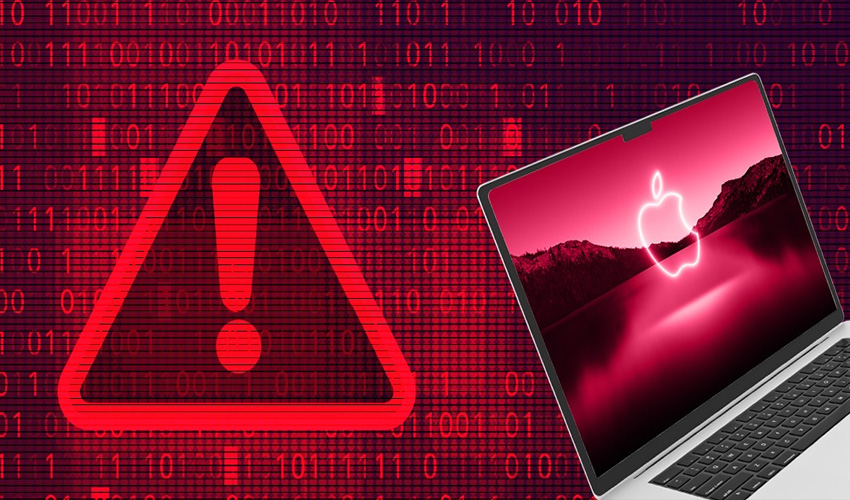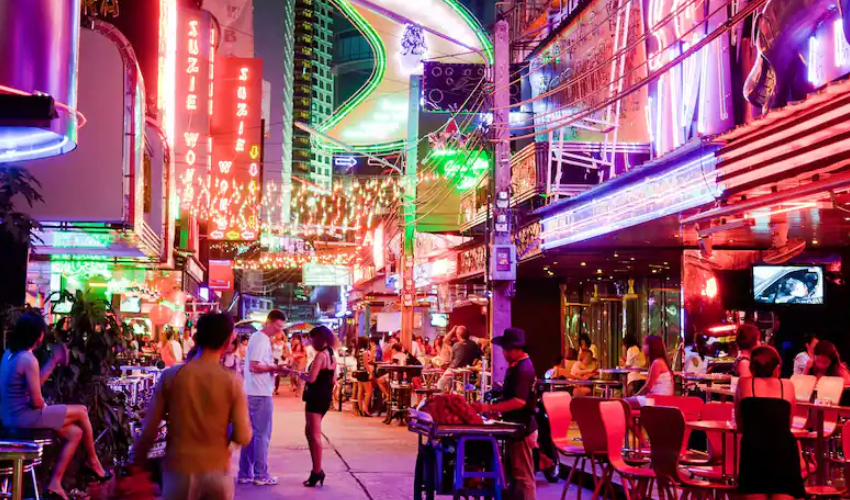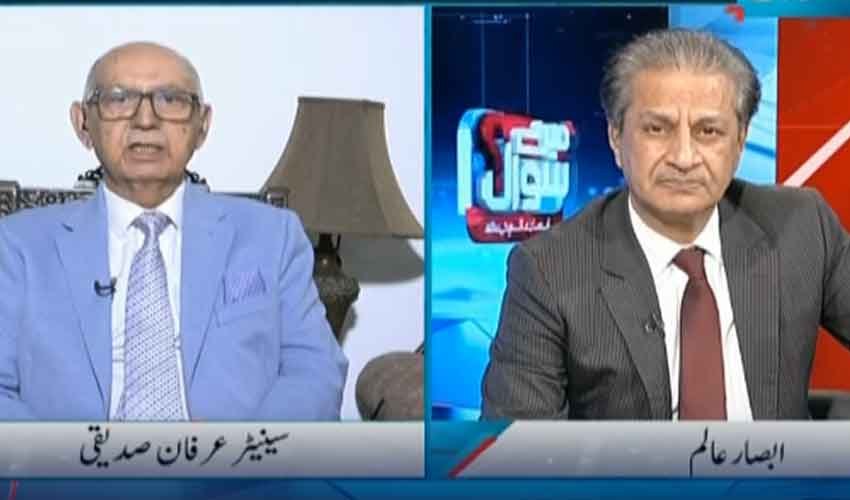Ten days before the general elections, the opposition is disappointed by an Indian court's decision to reject an appeal against Delhi Chief Minister and prominent opposition figure Arvind Kejriwal's arrest in a graft case last month.
Following his arrest on March 21 by the financial crime-fighting agency Enforcement Directorate (ED) on corruption charges pertaining to Delhi's liquor policy, protests broke out in the capital and in Punjab, a state that is also governed by Kejriwal's Aam Aadmi Party (AAP).
Last week, a city court moved Kejriwal to the Tihar jail in Delhi, where two senior AAP leaders are being held in connection with the same case, and extended his detention until April 15. This month, after serving a six-month jail sentence, a third AAP leader who was detained in the case was granted bail.
According to the AAP, Prime Minister Narendra Modi's Bharatiya Janata Party (BJP) government is attempting to stop the well-known leader from participating in the nearly seven-week long elections that start on April 19 by arresting him in the "fabricated" case.
Both the BJP and the government have refuted the accusations.
The AAP is a member of 'INDIA', an alliance of 27 opposition parties that has thrown its support behind Kejriwal and criticized the ED and other federal agencies for what it claims are their 'politically motivated' investigations.
The main opposition party in India, the Congress, has charged the Modi administration of "tax terrorism," claiming that the tax department was attempting to financially destroy it in the run-up to the elections by imposing hefty tax demands.
The INDIA alliance claims that the action taken against opposition groups is intended to keep them from having an even playing field.
The administration disputes the charges and argues that by looking into infractions, law enforcement is merely carrying out its mandate.



























